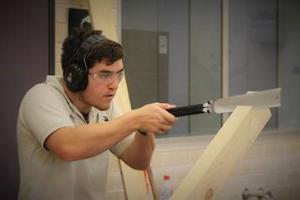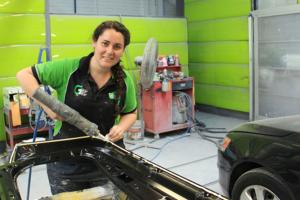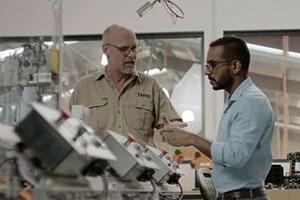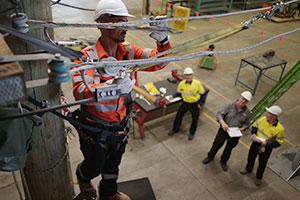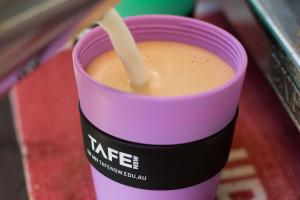How to get the best start in your dream career
Be inspired
Support while you study and as you progress through your career.
Be real
Real people and real learning for real jobs.
Be connected
Connect with industry experts and teachers who care about your career success.
Find your path with Jonesy
You may know Brendan Jones as ‘Jonesy’ from Jonesy and Amanda on WSFM. Or you may not know him at all. He is not worried about that. He’s more worried that you get your career off to the best start and do what’s right for you. Hear Jonesy’s tale.
Getting the inside knowledge you need
TAFE NSW Counsellors give you the inside word on getting on the inside.
Put your hand up
Many employers and organisations provide volunteer opportunities to build skills, confidence and contacts. You can get experience, make contacts and learn skills that you can’t get anywhere else.
BE connected
Many TAFE NSW courses have work experience as part of the course. This is a perfect way to focus your study options. TAFE NSW always provides great opportunities to network with industry professionals, enhancing your knowledge experience and opening doors.
Get going at school
If you are in Year 11 or 12, you can look at a TAFE Vocational Education and Training (TVET) course as part of your HSC. These give you a huge advantage in your career and many of these courses can also count towards your ATAR!
Take a short cut
TAFE NSW has hundreds of short course options, some fully subsidised, to help you get a head-start. Your short course may be able to get credit towards a full qualification later.
Start your career
Learn how to start your career with TAFE NSW
Make a start in your career with advice from career advisors, TAFE NSW experts and graduates just like you.


